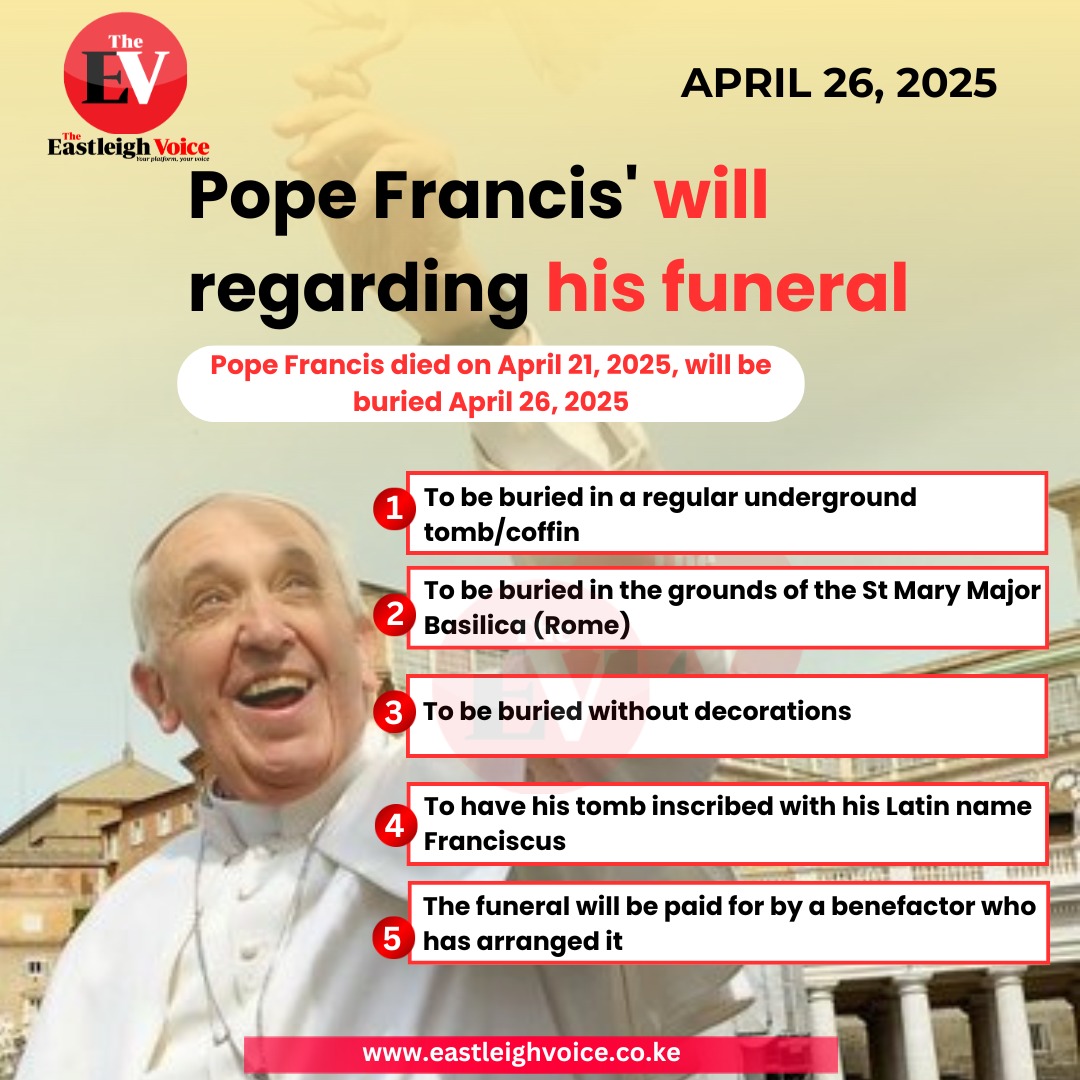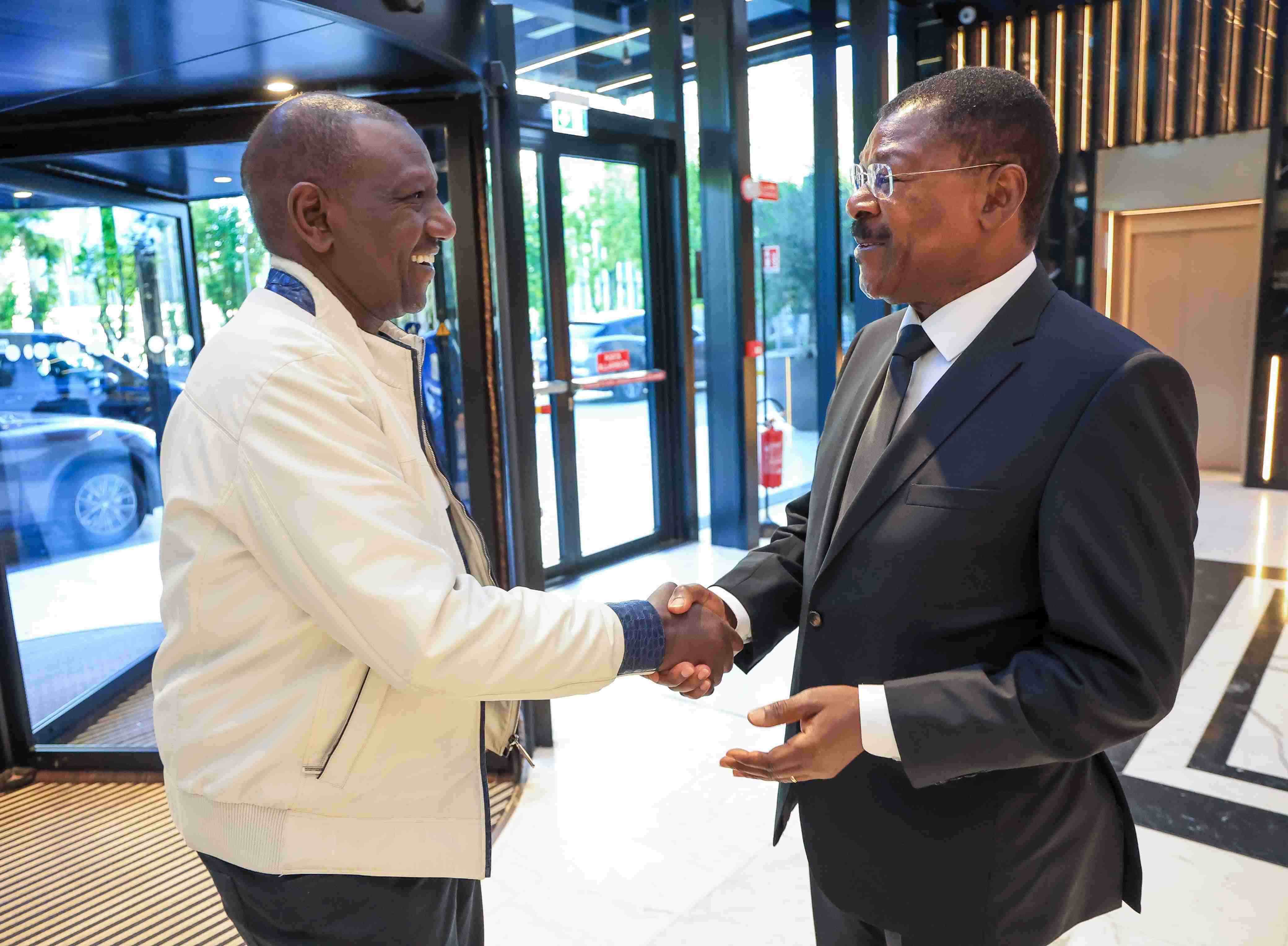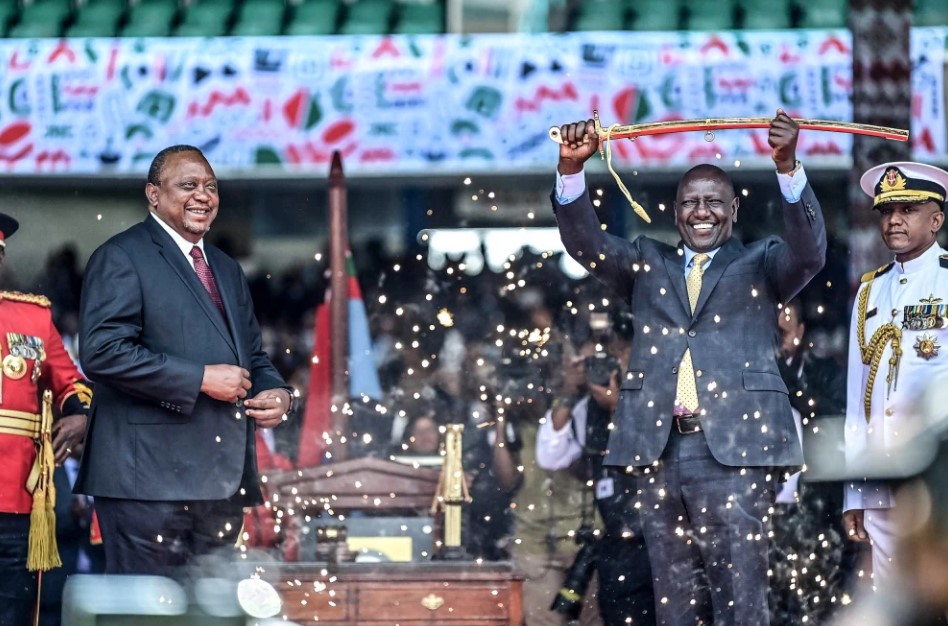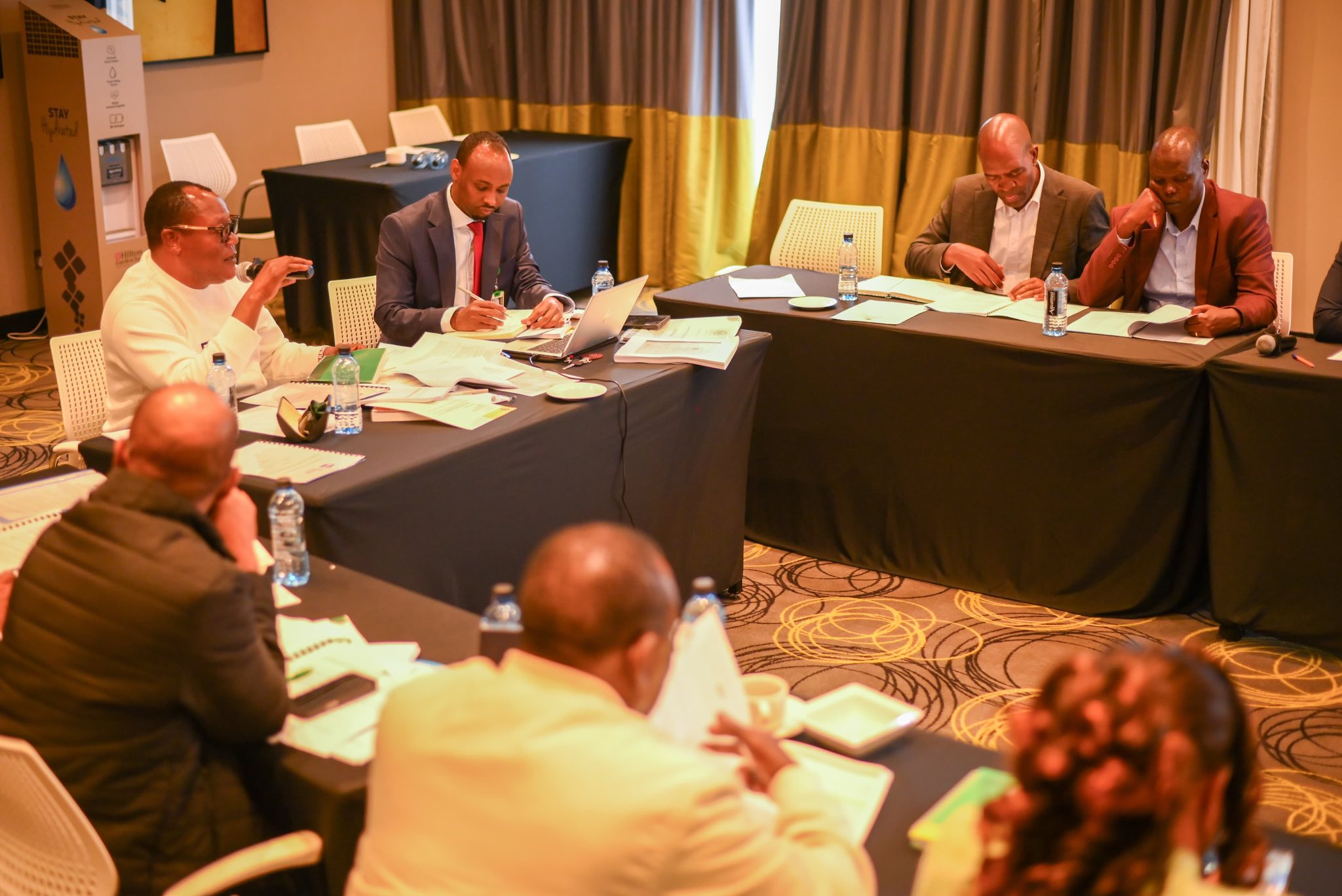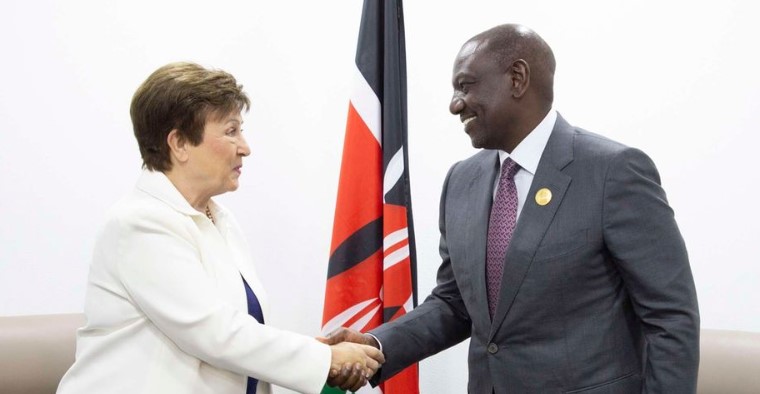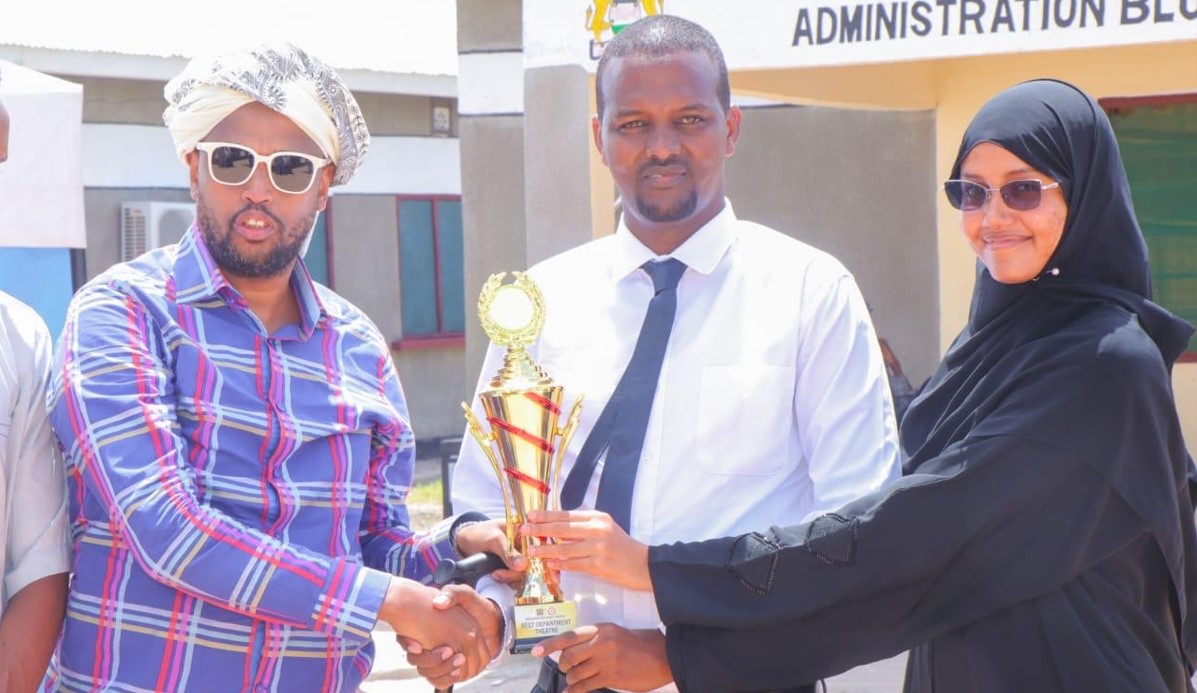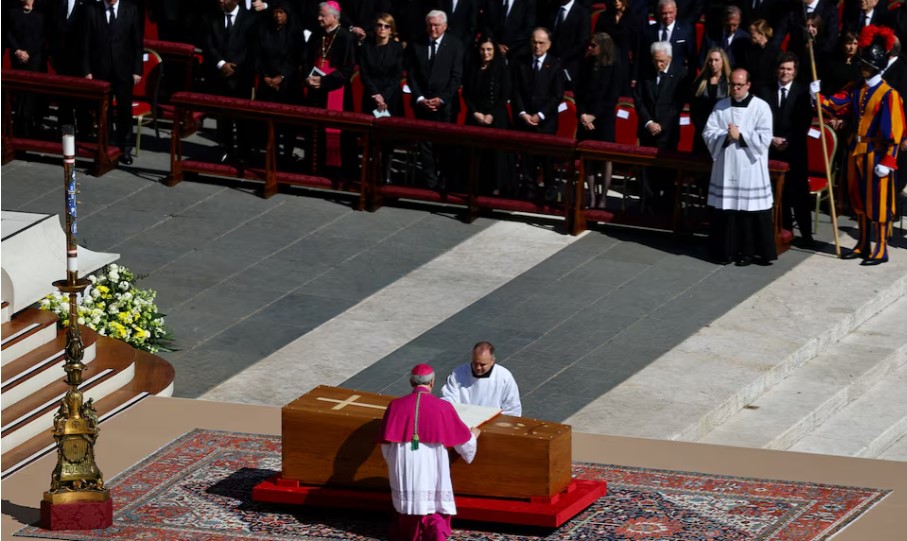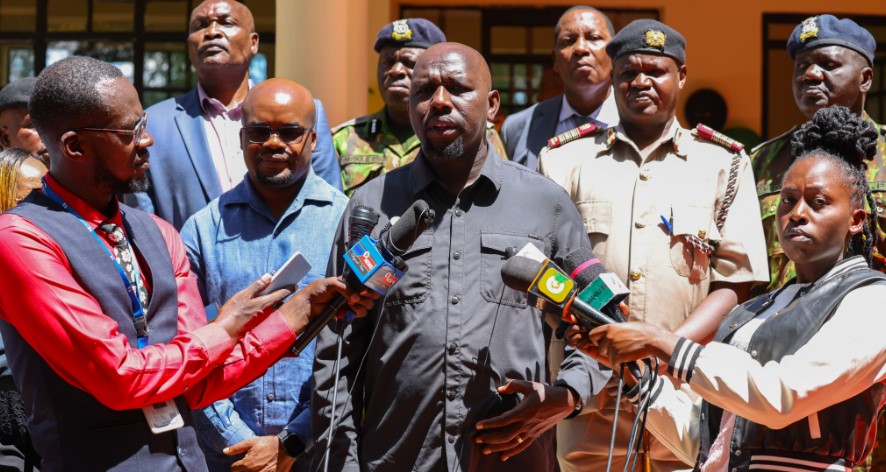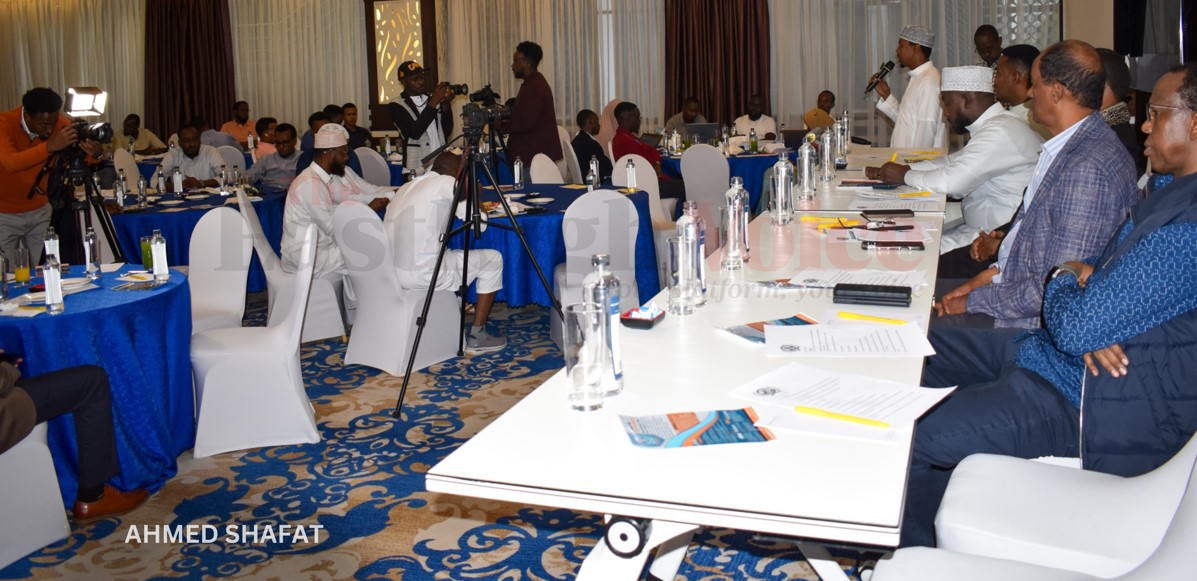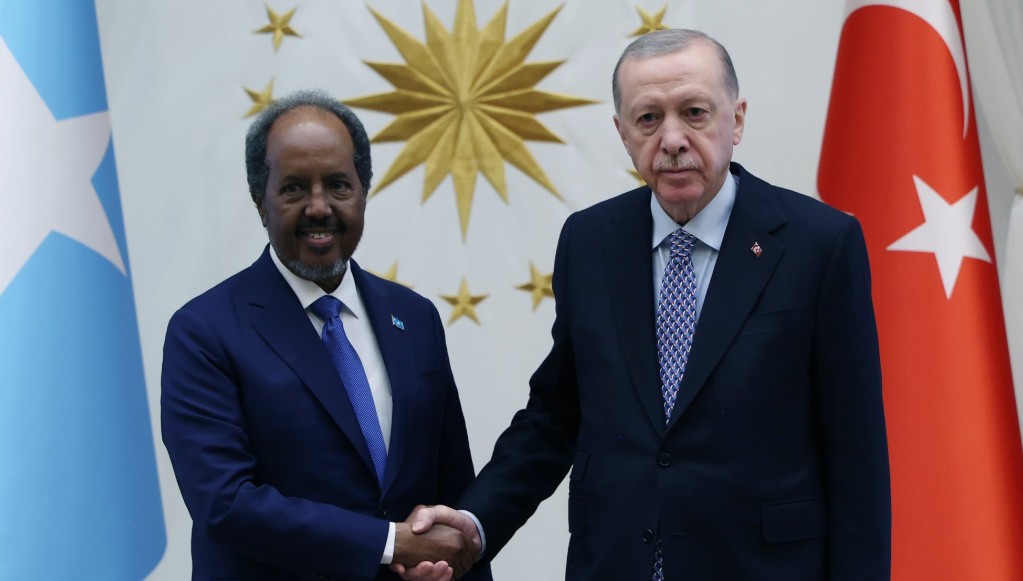Ruto urges African leaders to fulfil Abuja Declaration on healthcare funding
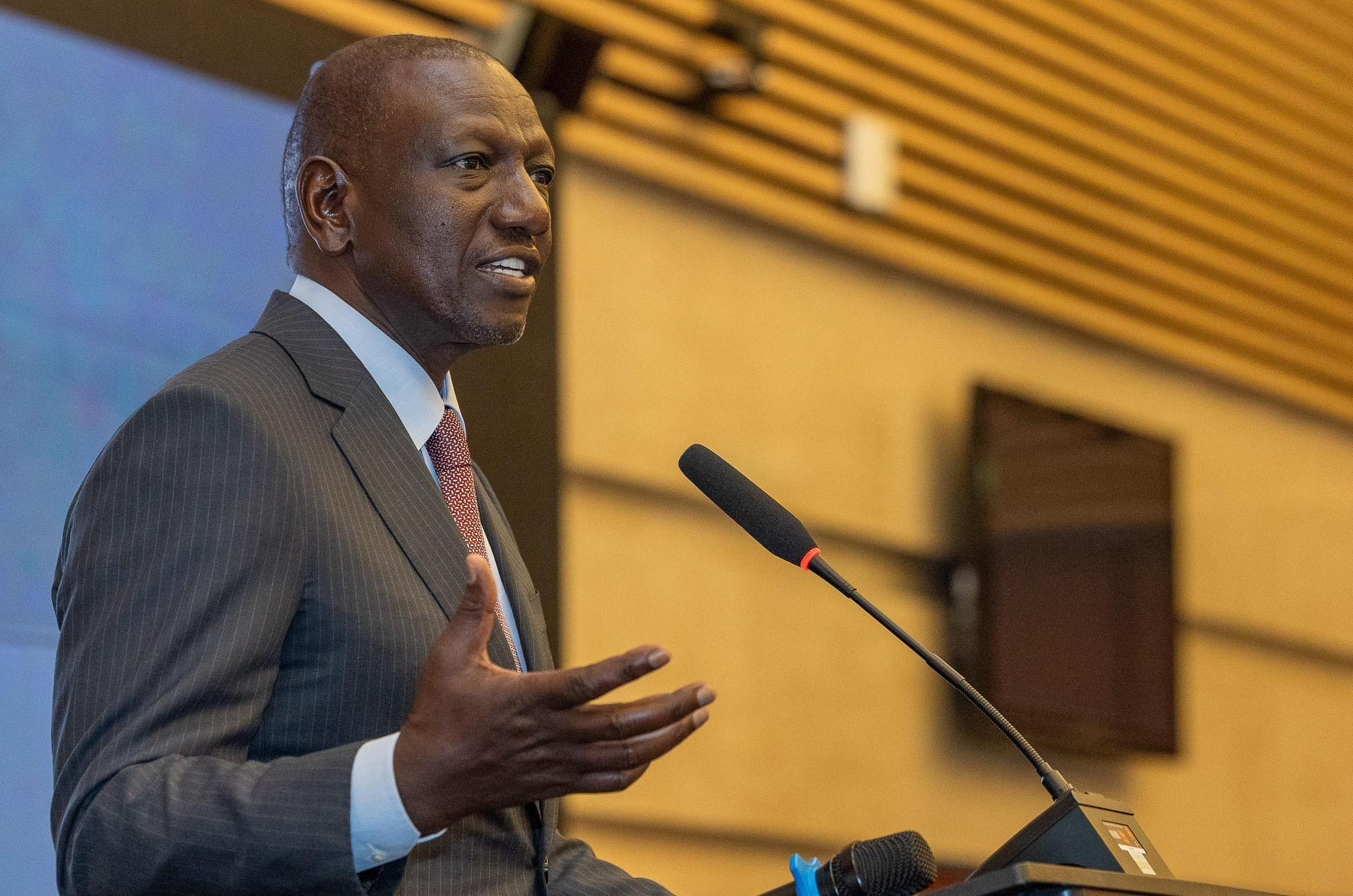
Ruto warned that budgetary commitments alone are not enough, stressing the need for efficient allocation, transparency, and accountability in healthcare financing.
President William Ruto has called on African leaders to uphold their commitment to the Abuja Declaration, which mandates that at least 15 per cent of national budgets be allocated to healthcare.
Speaking at the African Union Commission (AUC) summit on Friday, Ruto emphasised that health transcends borders, urging nations to learn from the COVID-19 pandemic and build a resilient, self-sufficient Africa.
“A well-funded health system is not a luxury; it is a necessity. A nation cannot prosper when its people are unwell. A workforce cannot be productive when preventable diseases weaken it. Our future cannot be secure when healthcare remains a privilege for a few rather than a right for all,” Ruto stated.
The Abuja Declaration, adopted in April 2001, was a pledge by African Union (AU) member states to strengthen healthcare systems and combat HIV/AIDS, tuberculosis, and malaria. Leaders committed to allocating 15 per cent of their national budgets to healthcare, promoting universal health access, and fostering global partnerships for disease prevention and treatment.
However, over two decades later, few countries have met this target. Many still face funding gaps, weak infrastructure, and shortages of medical personnel. While progress has been made in disease control, the lack of sustainable funding and weak policy implementation continue to hinder healthcare systems across the continent.
Ruto reaffirmed Kenya’s commitment to mobilising domestic resources for health and upholding the Abuja Declaration. However, he warned that budgetary commitments alone are not enough, stressing the need for efficient allocation, transparency, and accountability in healthcare financing.
Funding gaps
To bridge funding gaps, he proposed innovative financing models, including public-private partnerships to improve healthcare infrastructure and service delivery, digital health solutions to enhance efficiency and accessibility, comprehensive national health insurance schemes to ensure universal coverage and tax-based financing models to increase revenue for healthcare.
Kenya’s progress in Universal Health Coverage (UHC) demonstrates that strategic investments in primary healthcare yield significant results.
By prioritising preventive care, strengthening public-private partnerships, and optimizing health spending, Kenya has expanded healthcare access and improved service delivery. However, Ruto stressed that financial resources alone are not enough. "Without transparency, funds are wasted. Without accountability, budgets disappear. Without efficiency, patients suffer," he said.
Kenya is leading the way in healthcare reforms through increased domestic health investment, with government health spending rising to 5 per cent of GDP, strengthened public financial management to enhance budgeting, execution, and monitoring, streamlined procurement of medicines and medical equipment to boost transparency and efficiency, needs-based resource allocation to ensure funding reaches marginalised communities, and expanded mandatory social health insurance, covering 85 per cent of the population with subsidized premiums for vulnerable groups.
Ruto also emphasized the need for enhanced regional cooperation, calling for pooled procurement, coordinated response mechanisms, and a stronger pharmaceutical industry. He urged African nations to work together through the Africa Centres for Disease Control (Africa CDC) and AU-led initiatives to strengthen health supply chains and increase local drug manufacturing.
"Health knows no borders, and neither should our solutions," he asserted. Kenya, he affirmed, is ready to collaborate with other African nations, regional organisations, and global partners to build a healthier, stronger, and more prosperous Africa.
Top Stories Today


